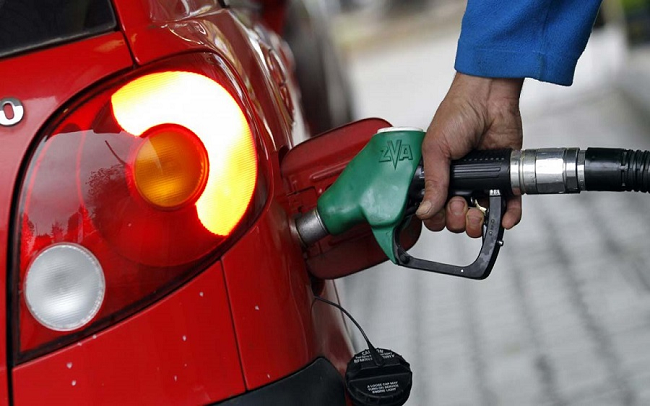It is no longer news that the Federal Government (FG) has removed the much-talked-about fuel subsidy many experts argued it’s plunging the nation into economic woes. However, while the subsidy was only expected to be removed by the end of June 2023, the Nigerian National Petroleum Corporation (NNPC) released new pump prices for petrol across the country.
This, BizWatch Nigeria, understands will affect the Nigerian citizenry, but differently.
Below are how fuel subsidy removal will affect Nigerians
- Higher Fuel Prices: One immediate effect of removing petrol subsidies is an increase in fuel prices. This can lead to higher transportation costs, affecting the prices of goods and services across the country. Nigerians may experience a rise in the cost of living as a result.
- Inflation: Increased fuel prices can contribute to inflationary pressures within the economy. When transportation costs rise, businesses may pass on these costs to consumers, leading to higher prices for goods and services overall.
- Reduced Purchasing Power: Higher fuel prices can directly affect the disposable income of individuals and families. As more money is allocated to fuel expenses, there may be less money available for other essential needs, such as food, education, healthcare, and leisure activities. This can result in reduced purchasing power for Nigerians, particularly those with lower incomes.
- Transportation Challenges: For many Nigerians, particularly those in urban areas, transportation costs heavily rely on petrol. The removal of subsidies can lead to increased public transportation fares, making commuting more expensive. This can pose challenges for daily commuting, especially for low-income individuals who heavily depend on public transport.
- Impact on Businesses: Higher fuel prices can have a significant impact on businesses, particularly those heavily reliant on transportation. Industries such as logistics, delivery services, and manufacturing may face increased operational costs, potentially leading to reduced profitability. These effects can trickle down to employment opportunities and economic growth.
- Social Unrest: The removal of petrol subsidies has historically been met with protests and social unrest in Nigeria. This is often due to the perceived burden it places on the population, especially those already struggling with poverty. The resulting protests and strikes can disrupt economic activities and lead to political tensions.
- Promoting Alternative Energy Sources: On the positive side, the removal of petrol subsidies can encourage the adoption of alternative energy sources, such as renewable energy and electric vehicles. With higher fuel prices, individuals and businesses may seek out more cost-effective and sustainable energy options, ultimately reducing dependence on fossil fuels and contributing to a greener future.
It’s, however, important to note that the specific impact of petrol subsidy removal can vary depending on various factors, including the government’s approach, global oil prices, and the effectiveness of mitigation measures to alleviate the potential negative effects on the population.













